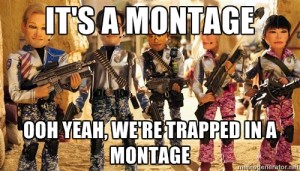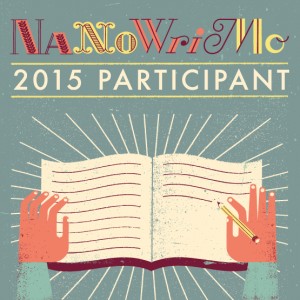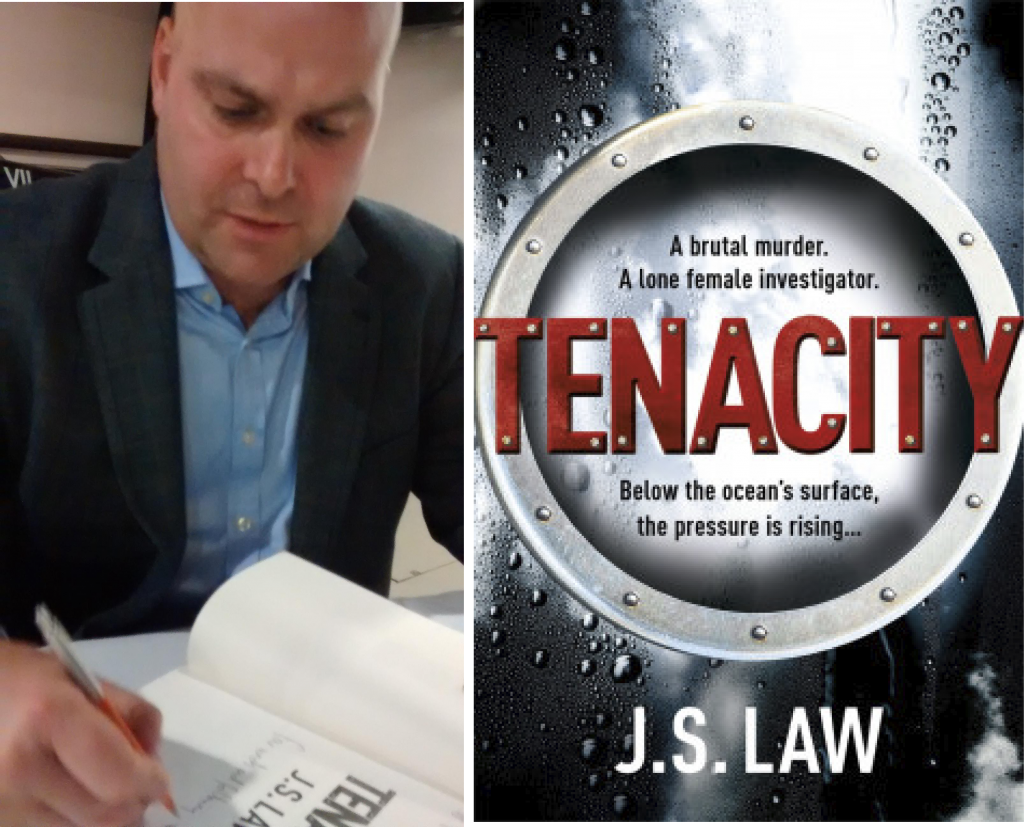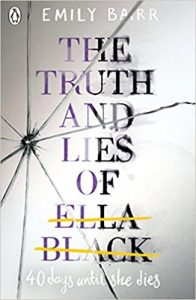 Ella Black is a good girl, to the point of boring. She studies hard, she keeps her head down and the craziest thing she’s ever done is dye her hair purple. But the reason she’s so good is that she has an alter-ego – the violent, destructive Bella. The first time Bella makes an appearance she does something so shocking I almost dropped the book and it’s clear why Ella needs to keep on the straight and narrow and keep Bella under control.
Ella Black is a good girl, to the point of boring. She studies hard, she keeps her head down and the craziest thing she’s ever done is dye her hair purple. But the reason she’s so good is that she has an alter-ego – the violent, destructive Bella. The first time Bella makes an appearance she does something so shocking I almost dropped the book and it’s clear why Ella needs to keep on the straight and narrow and keep Bella under control.
But then one day her parents collect her from school early and, without explaining why, fly her to Rio de Janeiro. There Ella learns the truth about herself – a truth which unleashes Bella in all her crazed glory and that means her safe, comfortable life has gone forever…
That’s the setup for The Truth And Lies of Ella Black, by Emily Barr – who specialises in weaving travel and exotic locations into gripping plots. This is her second novel for young adults (I also loved The One Memory Of Flora Banks last year) and I know fans are going to love it.
Teenage me loves Ella’s longing for adventure… adult me loves the dark suspense
Whenever I read a YA novel there are actually two people reading. There’s me – the not-so-young adult writer and book fanatic, and then there’s teenage me holed up in my pretentious looking bedroom waiting for the day when something will happen to change my life forever too.
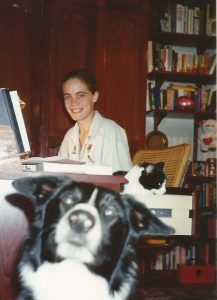
Teen me in my bookish bedroom being photobombed by my collie, Jack.
Most of the time the books I love now aren’t the same as the books I loved then. I never wanted to read about girls like me, going to school and worrying about friendships and boys – I had enough of that in my day to day life. I wanted fairytale romance and pure escapism. These days I like my stories grittier, my characters more flawed. But Ella Black appeals to both versions of me.
What Emily Barr does so well is create a sense of escapism – for teens desperate to explore the world her description of the beaches, streets and favelas of Rio is compelling and addictive – like Ella you want to find out what’s around the corner. Teenage me loves Ella and identifies with her longing for adventure – adult me loves the dark suspense over what Bella will do next and the slow creeping realisation of what her secret really is. All of me wants to book a ticket to Brazil, like, RIGHT NOW.
It’s a thriller, a coming of age novel with a splash of South American colour a slice of romance and added zombie parades. Teenagers of all ages will long to dive in.

